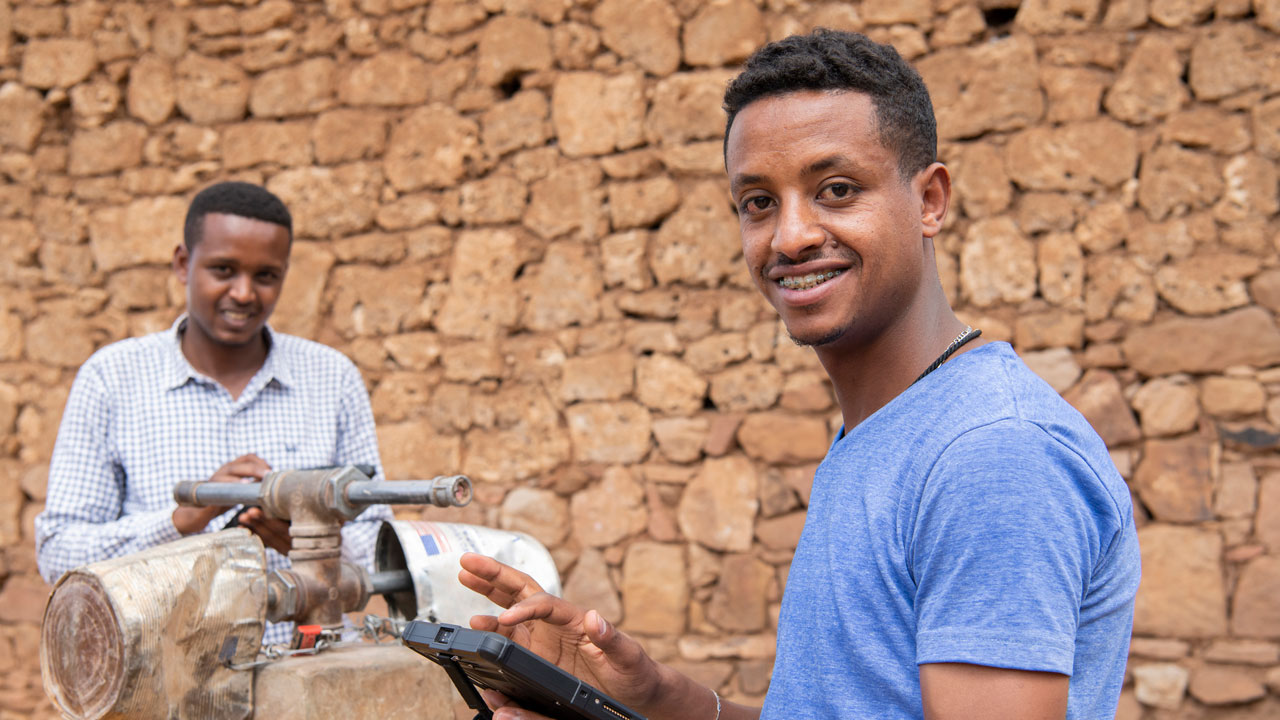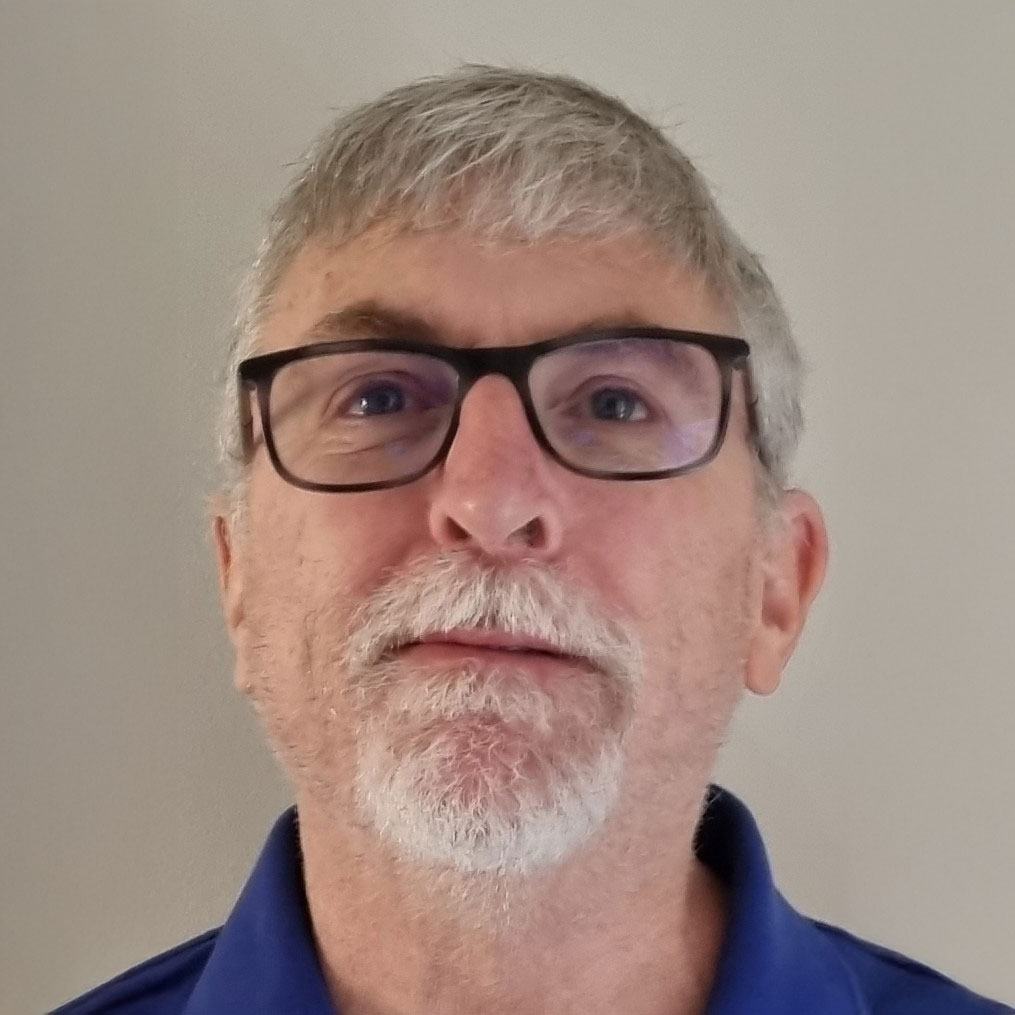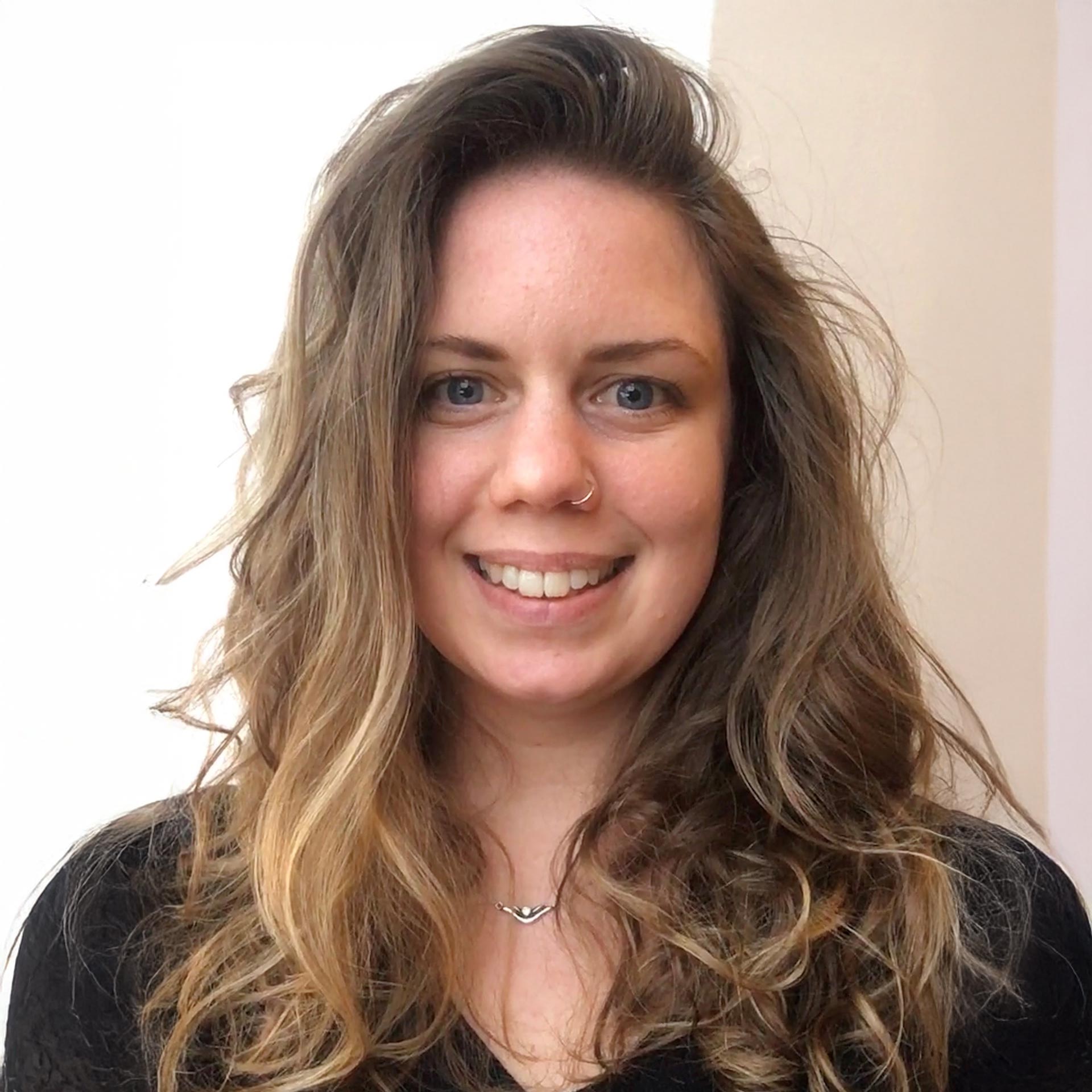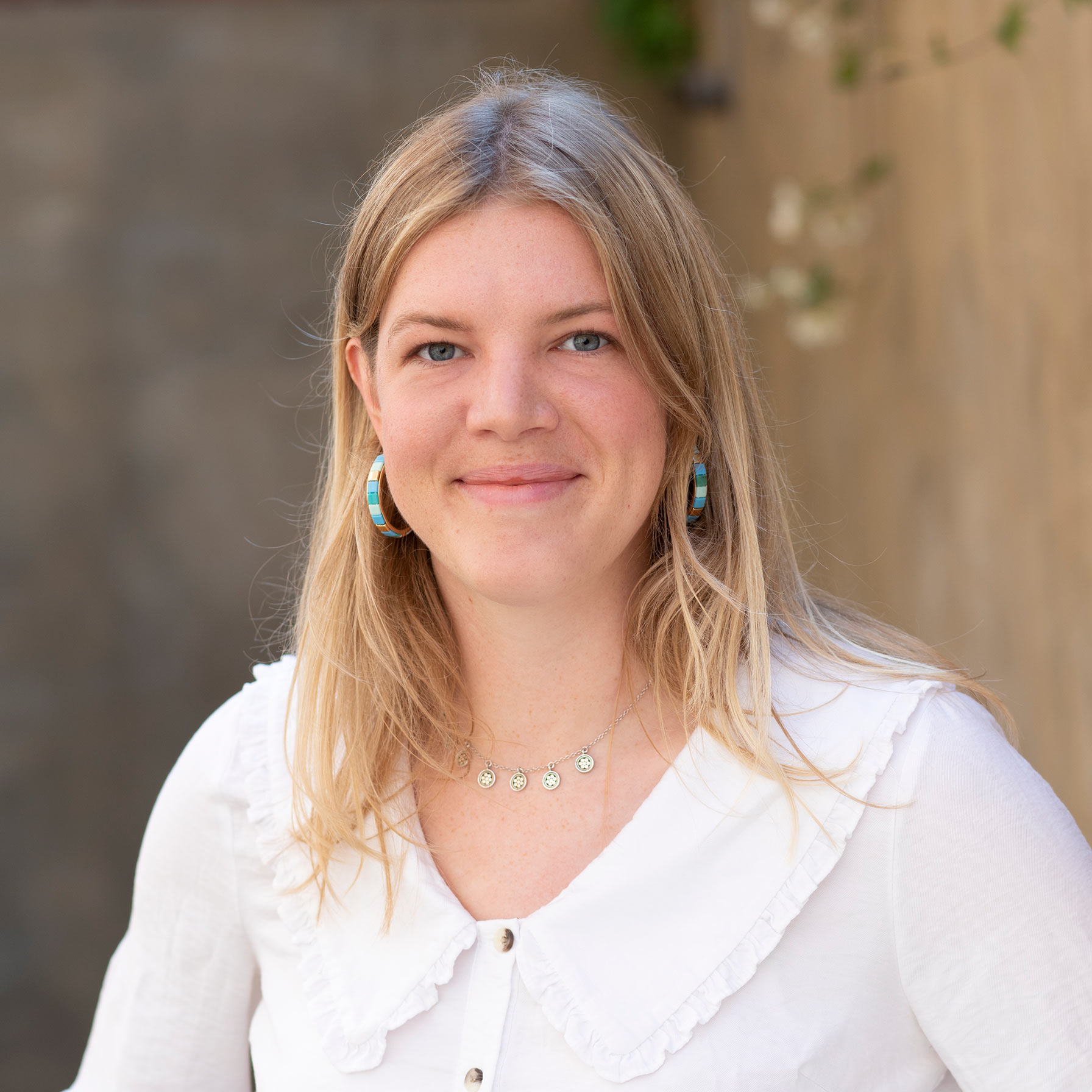
The Tetra Tech International Development Europe Evaluation and Research team will be sharing our expertise and knowledge at the upcoming UK Evaluation Society conference themed Data in focus: driving evaluation excellence.
With extensive experience in delivering large complex multi-country, multi-sector, multi-project monitoring, evaluation and learning programmes, our monitoring, evaluation, research and learning specialists are joining the discussion on how data is used in evaluation at the UK Evaluation Society conference 2025.
At this year’s conference, we will present four insightful sessions, drawing on our range of expertise, skills, thematic knowledge and lessons from programmes such as the Somalia Monitoring Programme III, Girls’ Education Challenge Fund and ISF Africa MERL. We will provide insights on how we create meaningful value by harnessing the diversity of quantitative and qualitative data.
You can find out more about the conference programme here.
Our presentations
Data integrity and ethics: who owns the data?
19 May, 16:05-16:55, Presenters: Bruce Emerton and Heidi Ober
Harnessing artificial intelligence tools to conduct document reviews
21 May, 14:50-15:10, Presenter: Pierre Canet
Ensuring inclusion in data: strategies for enumerating hard to-count populations in Somalia and Somaliland
22 May, 11:50-12:10, Presenter: Josh Shelley
Learning about what works from 12 years of evaluation of the Girls’ Education Challenge Fund (GEC)
22 May, 12:10-12:30, Presenters: Libby Bligh and Hannah Allroggen
Meet our team
Heidi Ober
Heidi Ober is a Principal in the Evaluation and Research Practice with over 22 years of experience leading the design and delivery of a wide range of complex monitoring, evaluation and learning (MEL) assignments.
Heidi is an experienced Do No Harm trainer and Conflict-Sensitivity Lead. She has extensive field experience in fragile and conflict-affected settings (FCAS), including work in South Sudan, Syria, Lebanon, Mali, Somalia, and Nigeria. Her expertise spans multiple sectors, including Water, Sanitation, and Hygiene (WaSH), education, conflict, stabilisation and peacebuilding.

Bruce Emerton
With over 30 years of programme management experience, Bruce has managed several large-scale, complex MEL programmes. In this role, he has overseen MEL team members in a range of evaluation and learning activities. His experience has spenned 25 programmes in 26 countries.

Pierre Canet
Through his experience in MEL consulting, he has harnessed quantitative and qualitative research and analysis skills. Pierre has experience in designing and implementing results frameworks, including theories of change and logframes.
Pierre has worked on a Lessons Learned Report for the Girls’ Education Challenge (GEC) Fund Phase II and is working on multiple studies for the FCDO Integrated Security Fund (ISF) programme.

Josh Shelley
He has led and supported international teams on a variety of monitoring and evaluation projects, including as study lead for FCDO’s Africa Programmes Expertise Department (APEX) third part monitoring, analysis lead for the Leave No Girl Behind pillar of the GEC Portfolio Evaluation, and as a MEL expert for ISF, Prosperity Fund and International Growth Centre projects.
Josh has experience of employing mixed methods analysis using various software platforms and is adept at providing MEL capacity-building services within a range of sectors, focusing on the development of theories of change and logframes. He has fieldwork experience in Peru, Cambodia, Brazil, Mexico and Myanmar.

Libby Bligh
She has worked on a broad range of evaluation and research programmes funded by the UK’s Foreign, Commonwealth and Development Office (FCDO), UN and private philanthropic foundations. Her work focused on thematic areas of education, gender-based violence (GBV) prevention, conflict and security and humanitarian programming.
She worked on the Girls’ Education Challenge (GEC) independent evaluation team and specifically on the programme’s Lessons Learned Study.

Hannah Allroggen
Hannah Allroggen is a Consultant in the Evaluation and Research Practice with a thematic focus on health, development, education and humanitarian response.
She has supported international teams on a variety of evaluation and research projects. Hannah’s experience includes evaluation design, developing the theory of change and logic of intervention, and qualitative data collection, particularly creating discussion guides and survey tools as well as delivering in-country enumerator training.
She has worked on the GEC across various studies including a study on transition pathways for girls, a study focused on educating girls with disabilities, the VfM study on educating the most marginalised girls and the Lessons Learned Study.